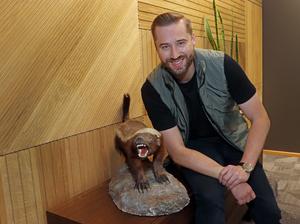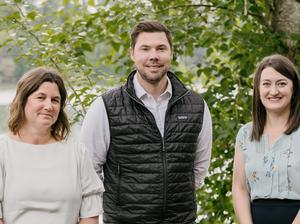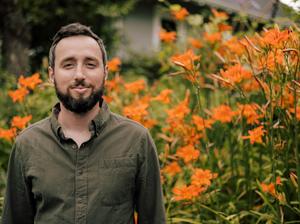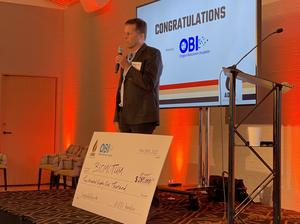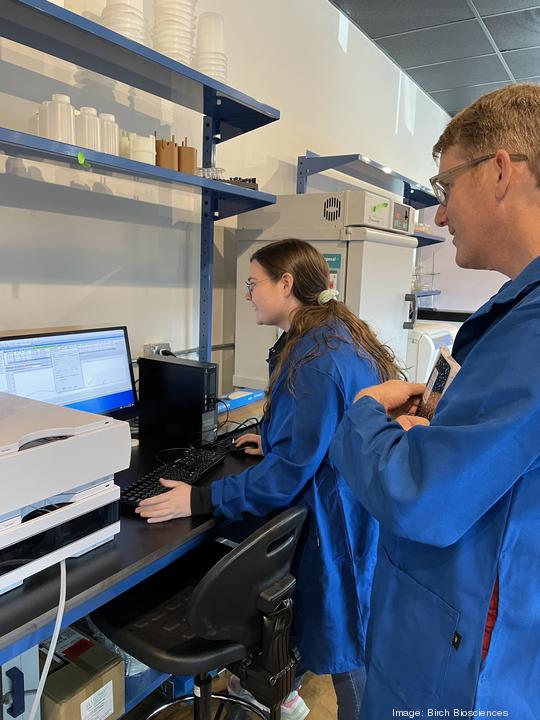
Birch Biosciences, co-founded by a former Absci Corp. (Nasdaq: ABSI) executive, was accepted in the current cohort of the influential Silicon Valley accelerator Y Combinator.
Johan Kers left Absci last year and launched Birch Biosciences. His new startup is developing a new way to recycle plastics using naturally occurring enzymes that will yield better-quality plastic than current recycling methods.
“The basic story is everyone assumes your plastic, when you throw it in the recycling bin, it’s going to get recycled. The truth is often times it’s not,” he said, noting that less than 9% of plastic in the U.S. is recycled.
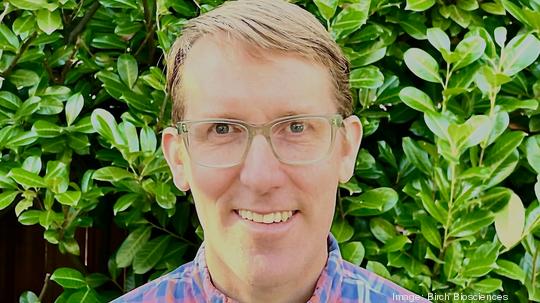
“When a soda bottle is recycled it’s not turned into another bottle,” he added. “The plastic is damaged in the (recycling) process and ends up being a lower quality. It gets turned into lower value items like lawn furniture or textiles.”
And that means brand new plastic is created — from oil — for the next round of soda bottles.
Kers is attempting to change how this type of plastic — known as PET — is recycled. Instead of the current model of heating the plastic up to break it down, which creates carbon emissions, he is trying to identity enzymes within microbes that “eat” away at plastic.
Once those enzymes are identified, the startup will try to speed up the enzymes' breakdown of the material. The result should be a way to recycle PET without losing quality and allowing it to be a true circular economy.
Kers is still in the research stage. He estimates he is about three to five years to commercialization.
Birch has been funded through federal grants. It received $255,000 each from the National Science Foundation and the Department of Energy. As part of Y Combinator he received another $500,000 investment.
The startup is a team of seven. Kers said he hopes participating in the accelerator will provide connections to partners and investors. He expects to raise a seed round in the fall as part of the culmination of Y Combinator.
“We are engineering enzymes in the lab, currently,” he said. “We are building out methods to really engineer millions of proteins and evaluate them and find the needle in the haystack.”
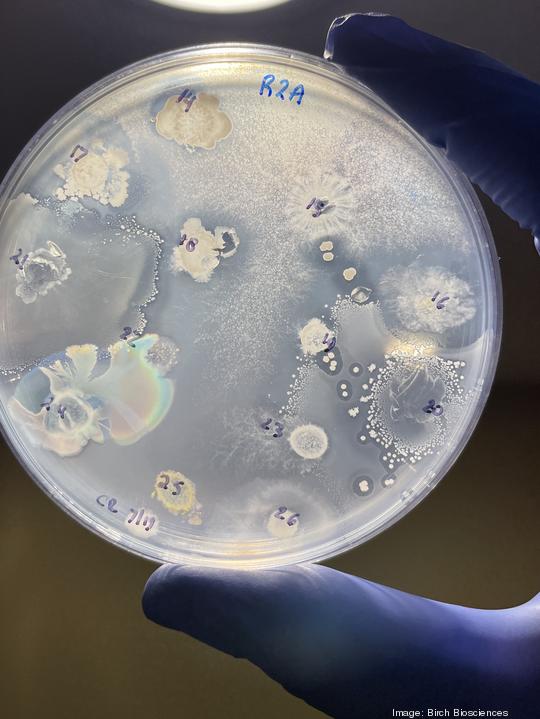
The enzymes are collected at places that are plastic contaminated, he said. One of the best is auto wrecking yards. The team collects microbes from plastic they find in these places. By looking at the natural characteristics enzymes in those microbes the team hopes to engineer them in the lab and speed up that digestion process to be a matter of hours.
“Nature is the best engineer. You never know where microbes evolve and what selective pressure they are under,” he said. “We just explore and sample from all over and see all the innovation of nature.”
The startup has gathered hundreds of samples that look interesting. It uses machine learning and artificial intelligence to help identify the most promising designs.
Kers was at Absci for more than two and half years. When he left, he initially thought he would use his molecular science background to start a therapeutics company. However, the more sustainability reports he read and the urgency of the climate crisis, the more he thought the next chapter of his career needed to help the environment.
Like Absci, Birch Biosciences is a synthetic biology company.
“I got really excited about plastics. Everyone knows it’s a problem and I have the tools in my toolbox, from Absci and elsewhere, (to address it),” he said.
